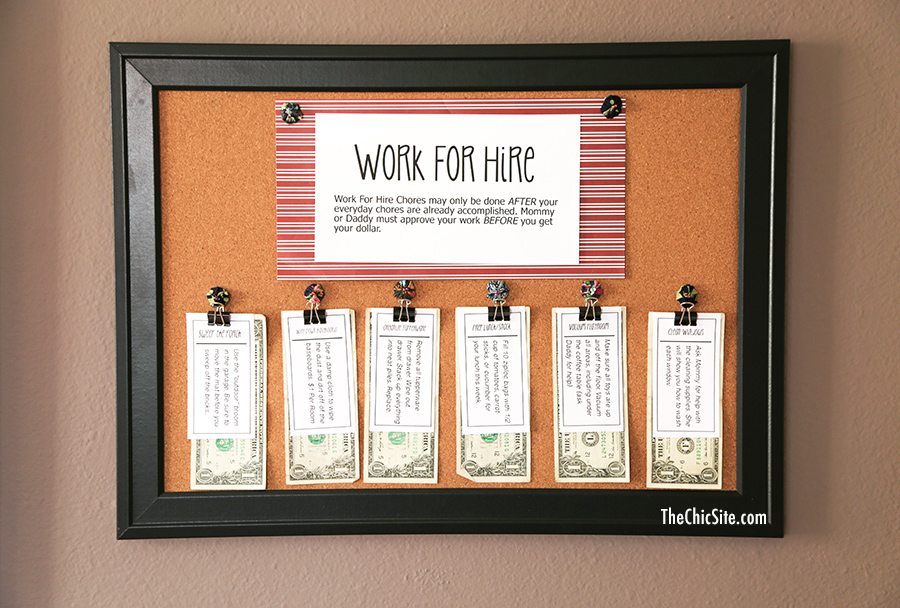A question I'm often asked at writing workshops: What are the pros and cons of work for hire versus waiting to try to land a royalty contract?
A good question indeed.
In Writing World, work for hire simply means you're paid up front for a project and agree to receive no further payment in the form of royalties after the work releases. And they retain the copyright.
In effect, you don't legally own the resulting book. The company that came up with the idea and paid you to write it does.
Conversely, if you sign a royalty contract, you may or may not receive an advance (these days you're usually talking about several thousand dollars for a first book) - which is not free money, but rather an advance payment of the royalties for book sales it is assumed you'll earn. Your publisher generously gives it to you early so you can continue eating during the months (sometimes years) until your book comes out.
It is then (after your book releases) presumed that your little hotcakes will earn out the advance already paid you within a few months, after which you'll begin receiving the 10, 12, or 14% royalty (maybe even higher) your publisher promised to pay in your contract for ongoing book sales. And the copyright is in your name.
Herein is the conundrum.
The author must weigh the consequences before they happen and decide if it's too risky to depend on future royalties (which may not happen with dismal book sales), or accept a chunk of cash up front and miss out on the windfall if the book's a blockbuster.
For many starving authors, it's a moot point. They need the money NOW so work for hire it is.
But for aspiring authors just starting out, there may be other points to consider.

Take me, for example. Back in 2009 when I was just starting out, I was offered a work for hire project by a publisher with whom I was hoping to eventually land a royalty contract. At the time I had three books out that had been published by a small press, and was itching to add another book with my name on it to my resume. However, I didn't want to use up all my best material in a book that wasn't
really mine - meaning I wouldn't hold copyright (and could therefore re-use the material later).
It wasn't so much the up front payment that finally enticed me (which was, by the way, more than I'd ever received for any of my work up to that point), but more the burning desire to have another quality book out there with which to impress publishers into offering me a royalty contract.
So I did it. And the result was
Everyday Hope, a gorgeous little devo that sold a whopping 30k copies.
Eeek. Had I chosen poorly? (Echoes of Indiana Jones there.)
I received not a dime of all that juicy money the publisher raked in. However, that lovely little book not only got my name into the hands of 30k new readers, it also served me well in doing the very thing I had hoped to do - bring in a royalty contract, which turned out to be
Mom NEEDS Chocolate. Then another, which became my award-winning bestseller,
Too Blessed to be Stressed.
Seven years later, I have a tidy stable of royalty books with traditional presses. Mission accomplished.
But would they have happened without the book for hire? Was it worth it?
I asked myself that again this past December, when I went online at Books-A-Million to look for my
Too Blessed to be Stressed Wall Calendar (an unexpected but DELIGHTFUL side effect of success has been my line of
Too Blessed to be Stressed products like planners, calendars, and now, even an adult coloring book).
To my utter flabbergastation, up popped a newly released book I'd never seen before ...
with my name on it. Published by the same company that put out the lovely little work for hire devo.
A frantic call to my agent revealed nothing. He hadn't a clue either. But he quickly discovered that the publisher had - completely within their rights as copyright owners - repackaged the devo and put it back on the market, hoping to capitalize on my now more recognizable name.
Completely above board. Actually pretty savvy marketing.
So now there's a book out there by Debora M. Coty that I had no idea existed.
Not a bad thing, when you consider that it's free advertising for my other (royalty) books and serves to keep my name before the public. But it's something over which I have no control and that does give one pause.
To their credit, the publisher was extremely kind about the whole surprise BAM thing and graciously offered me a teensy percentage of the new book's sales and a hefty box of free copies. They certainly weren't obliged to do anything, so I am grateful and commensurately passified.
So as you can see, with just about anything in this life, there are several sides to consider when deciding whether to accept work for hire, and at what point in your career you do it.
I'd love to hear your thoughts and experiences with work for hire.

































